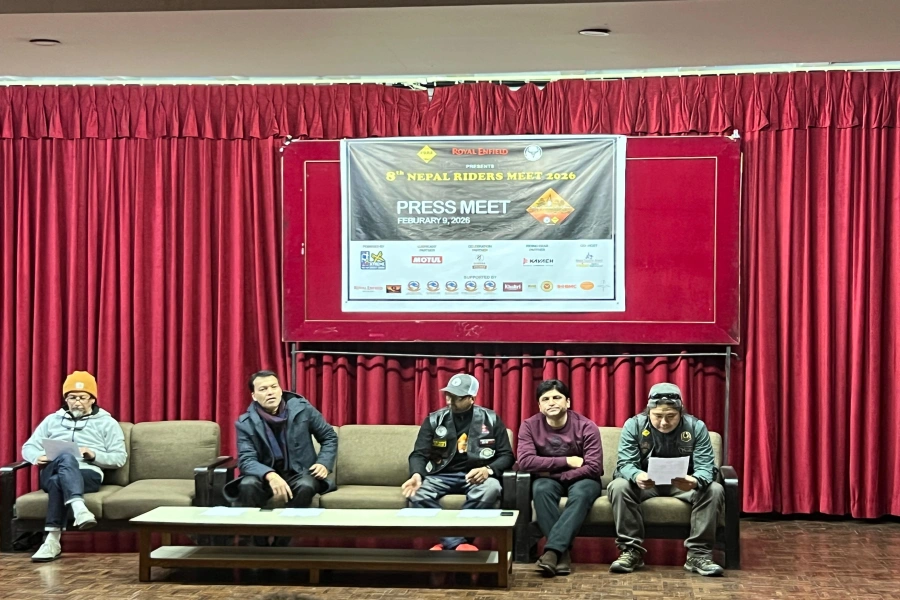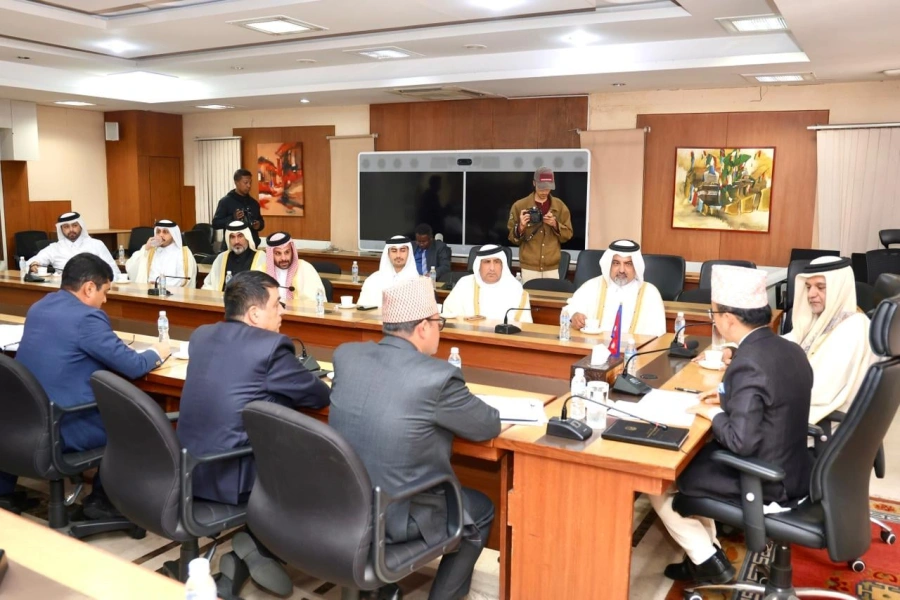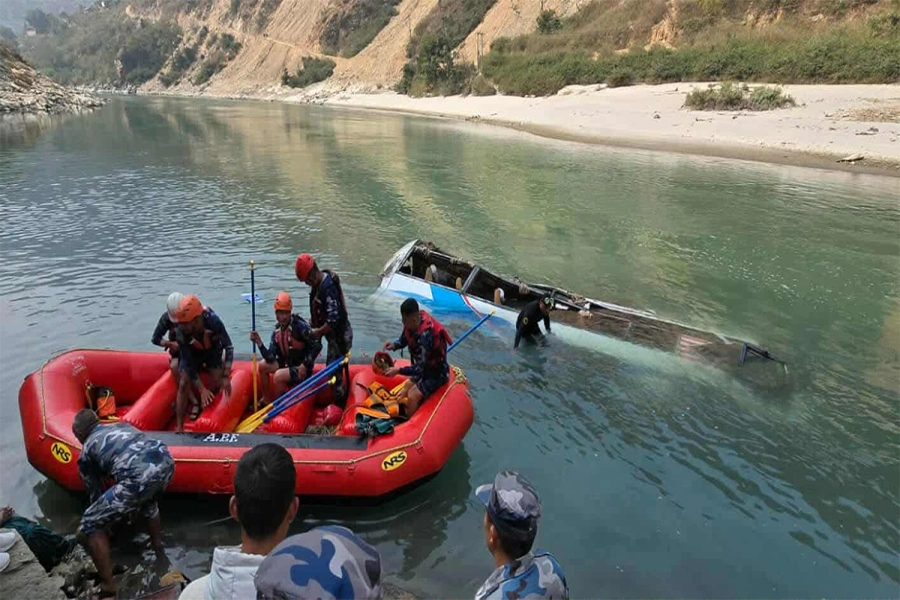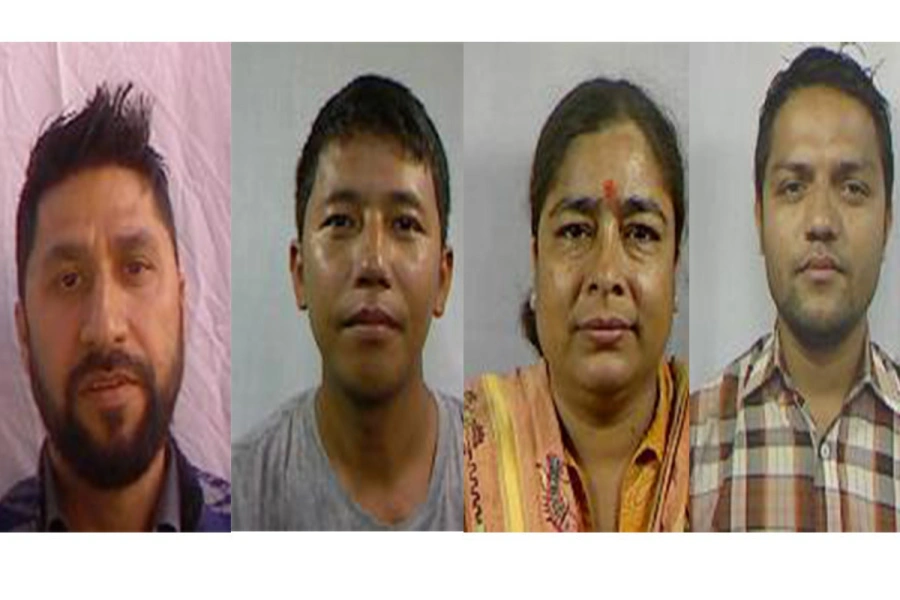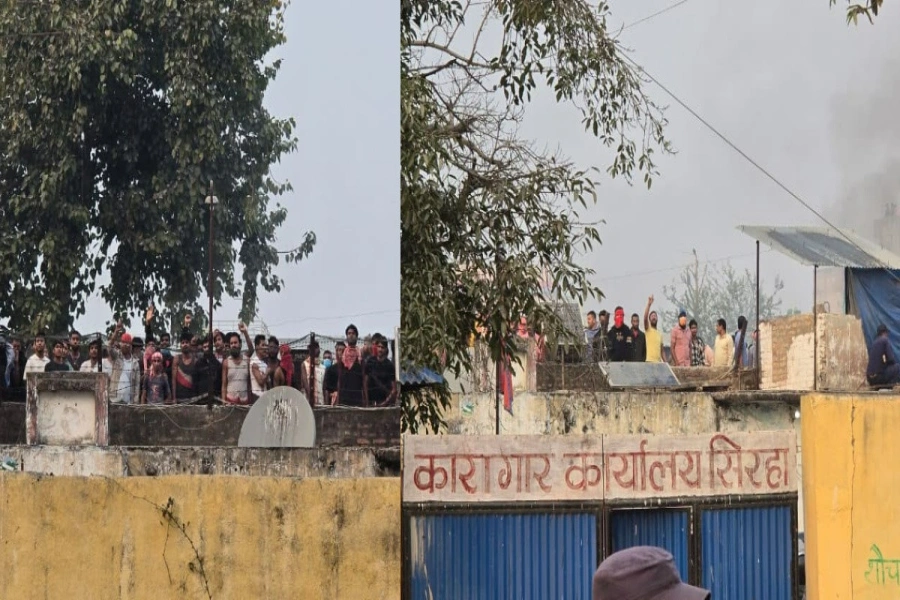LOS NIETOS
Does having school at the beach sound like a dream? After a year of remote learning and socially distanced classrooms, one school in the Spanish region of Murcia is doing just that, trying to combine clear air and a new way of teaching.
Outside the Felix Rodriguez de la Fuente school, mask-wearing children sit before a portable blackboard at rows of green desks neatly spaced out on the sandy shores of Playa de los Nietos (Grandchildren’s Beach).
“It’s safe, the children are having great fun,” said English teacher Juan Francisco Martinez. “What they learn here they don’t forget.”
Qatar Airways promotes Spain tourism in Kathmandu

Some barefoot pupils wiggled their toes in the sand as they played xylophones, while others crouched over their workbooks to prevent the breeze from blowing their papers out to sea.
The lessons are part of a broader project known as Fresh Air which aims to create better air quality for children during the COVID-19 pandemic, including through open-air learning.
Teachers begin preparing the beach at 8 a.m. Eight classes take part in the 20-minute lessons and groups rotate through the different areas.
Children at the school are aged from 3 to 12 and remain in their class bubbles. There have been no reported cases of coronavirus so far.
“I love going to the beach!” said Antonio Fernandez, aged 9. “I prefer to be at the beach because I feel more relaxed and comfortable.”
Luz, aged 10, said: “(This is) very good because I’m with my friends, I’m at the beach, I love the beach, in summer I always come here to swim every day and I love the sand.”
And it’s not just the beach setting. Members of a nearby residents association have brought the Roman era to life by dressing up as soldiers and local fishermen have shown children their nets and explained where their dinner comes from.
“Fishermen taught the students how to fish ... how they themselves have been able to feed us in times of pandemic,” said headteacher Alfonso Vera.






